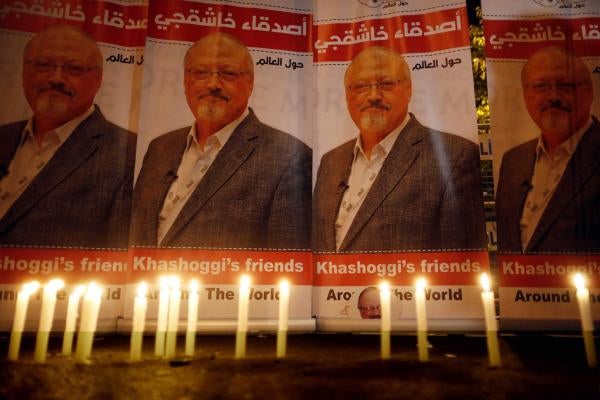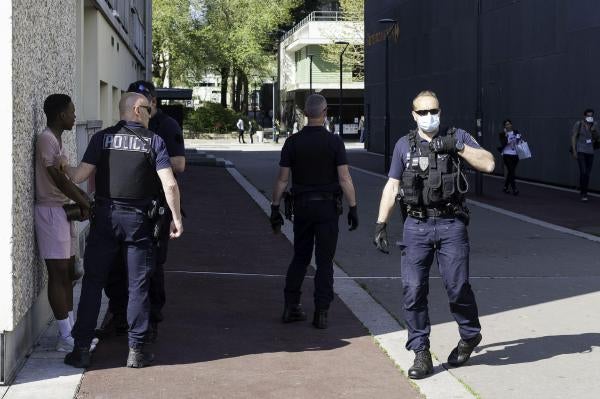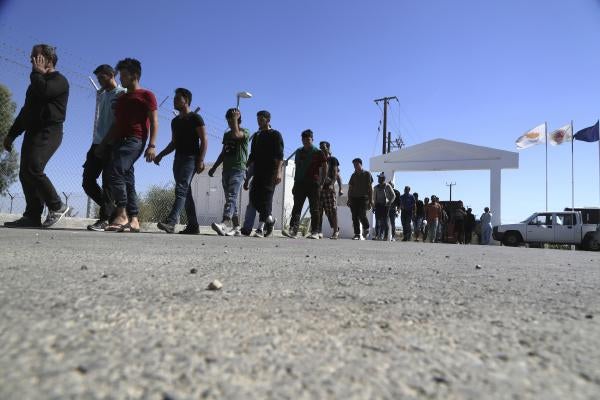Lire la version en français / Lea la versión en español
Five years ago today, prominent Saudi journalist and Washington Post columnist Jamal Khashoggi walked into the Saudi consulate in Istanbul to obtain documents for his upcoming marriage.
Inside the consulate, Saudi agents murdered Khashoggi and then hacked his body to pieces.
It was hardly a rogue operation or a misstep by “bad apple” agents. A UN investigation in 2019 highlighted “significant government coordination, resources and finances” behind the killing. In 2021, US intelligence concluded Crown Prince Mohammed bin Salman had approved the operation. However, no high-level Saudi official has ever been held accountable.
It would be horrific enough if this were the only outrage perpetrated by Saudi Arabia, but it’s one of countless others at home and abroad.
Domestically, repression is rampant, with authorities frequently arresting peaceful dissidents, public intellectuals and human rights activists and handing down decades-long prison terms, even for things like posting on social media. A retired teacher was recently sentenced to death for tweets. Torture in detention is pervasive.
Discrimination against women – in marriage, divorce, child custody, and more – is encoded in the legal system. The law includes provisions that facilitate domestic violence and sexual abuse in marriage.
Internationally, Saudi Arabia commits horrific mass atrocities, including war crimes in the Yemen conflict, such as an October 2016 attack on a funeral ceremony that killed at least 100 people.
And let’s not forget mass murder at the Yemen-Saudi border. Saudi security forces have killed at least hundreds of Ethiopian migrants and asylum seekers in widespread and systematic attacks. Some they killed using explosive weapons, others they just shot dead at close range. The victims include many women and children.
The list of abuses by Saudi authorities is endless, as is the unwillingness of the United States and other Western allies to raise their voices against it. In the words of my expert colleague, Joey Shea, they have “all but rubber-stamped Saudi Arabia’s repression at home and abroad.”
The US example is particularly telling. During the last presidential election campaign, Joe Biden promised to make Saudi Arabia a “pariah.” But, as president, Biden has failed to seek accountability for abuses, not even for the Khashoggi murder, which US intelligence itself pinned on the crown prince.
The silence of its allies has emboldened the Saudi government, allowing it to act with unbridled impunity as abuses grow ever more horrific.
Today is the fifth anniversary of Jamal Khashoggi’s brutal murder by Saudi agents. His killing has become a symbol of a Saudi state that is rampantly abusive at home and abroad.
It’s also become a symbol of how other governments continue to look away – how the world simply lets Saudi rulers get away with murder.







